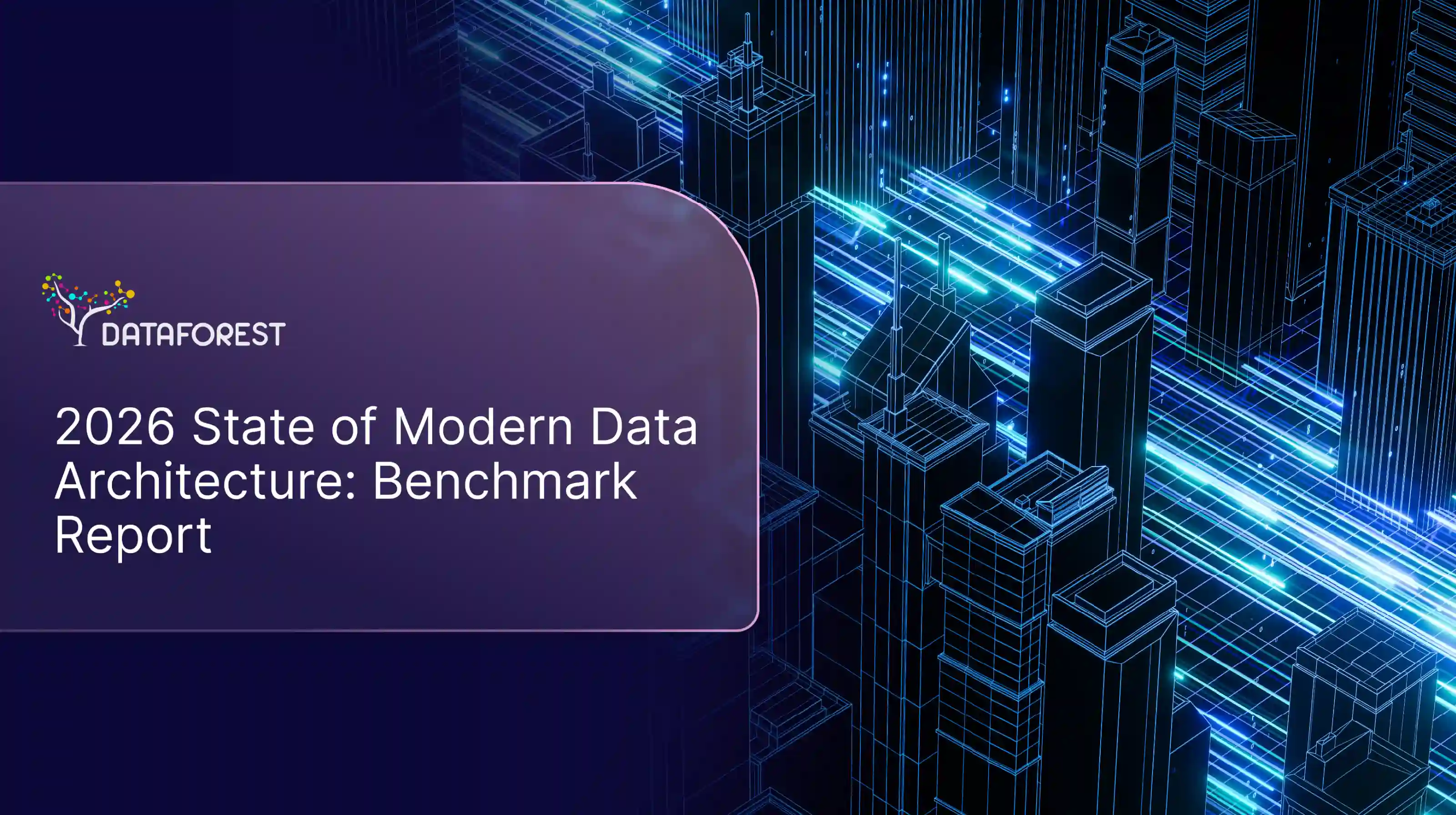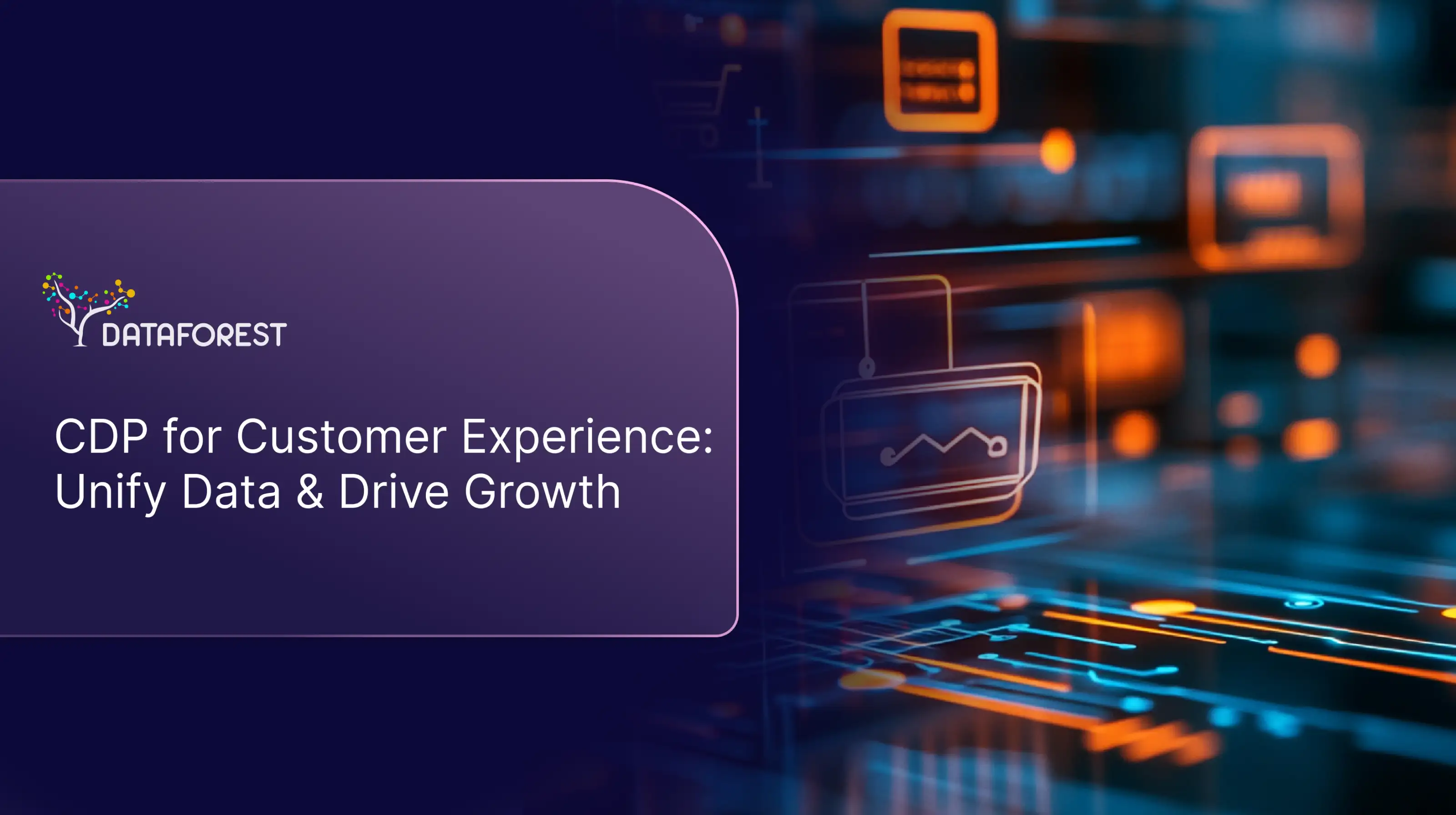Share
Table of contents:
Web scraping proxies are intermediary servers used to mask the identity of the client making requests to a target website. In web scraping, proxies play a critical role in bypassing access restrictions, such as IP blocking and rate limiting, by distributing requests across multiple IP addresses. This prevents detection of automated data extraction activities by simulating requests from multiple geographic locations or user identities, thus allowing for sustained, undetectable data retrieval from websites.
Core Functions of Web Scraping Proxies
Web scraping proxies serve two essential functions: anonymizing requests and distributing load. Each function is foundational for effective and undetectable web scraping.
- Anonymizing Requests:
By routing requests through a proxy server, the client’s original IP address is hidden from the target website. Instead, the request appears to come from the proxy’s IP address. For web scraping, this anonymity reduces the risk of detection, as many websites monitor incoming IPs to detect repetitive patterns indicative of automated data scraping. Using proxies minimizes the risk of getting blocked, allowing scrapers to access data without exposing their true IP.
- Load Distribution:
Web scraping often involves sending a high volume of requests to a target server, which can trigger rate-limiting controls or result in IP bans. Proxies enable load distribution by sending requests through multiple IP addresses, allowing the scraper to spread the request load across a pool of IPs. This mimics a broader user base accessing the site and helps in evading detection. Load distribution also helps in managing high data retrieval volumes while adhering to website access policies.
Types of Proxies for Web Scraping
Several types of proxies can be employed for web scraping, each with unique attributes:
- Datacenter Proxies:
These proxies originate from data centers and are not affiliated with Internet Service Providers (ISPs). They offer high speed and availability, making them suitable for fast and intensive scraping activities. However, they are easier to detect as non-residential IPs, which can increase the likelihood of blocking on certain websites.
- Residential Proxies:
Residential proxies route requests through IP addresses associated with actual physical devices in homes, provided by ISPs. They are harder to detect due to their association with real users, making them ideal for scraping sites with strict anti-bot measures. Residential proxies typically offer lower speed and higher cost but are more effective at avoiding detection.
- Mobile Proxies:
Mobile proxies utilize IP addresses assigned to mobile devices by mobile network providers. Since mobile networks often share a few IPs across many users, mobile proxies offer high anonymity, especially on sites with advanced detection systems. However, they are usually more expensive and may have limited availability.
- Rotating Proxies:
In rotating proxy setups, the IP address changes frequently, often after each request. This rotation helps mimic real-user behavior, where requests come from a diverse set of IPs, making it challenging for websites to detect patterns or block specific IP addresses. Rotating proxies are often used in web scraping to avoid repetitive requests from the same IP.
Mechanisms of Web Scraping Proxies
Web scraping proxies function through specific mechanisms designed to facilitate high-volume, undetectable requests:
- IP Rotation:
Proxies with IP rotation dynamically assign a new IP address for each request, allowing scrapers to bypass rate limits and avoid IP-based detection mechanisms. This approach is particularly effective when scraping large datasets or repeatedly accessing the same web pages.
- Geo-Targeting:
Some proxies provide geographic flexibility by allowing the user to select IPs from specific locations. Geo-targeting is beneficial for accessing location-specific content or circumventing region-based access restrictions. In cases where websites deliver varied content based on user location, geo-targeted proxies enable the retrieval of data tailored to different regions.
- Session Persistence:
Persistent sessions allow a proxy to retain the same IP address for a specified duration or number of requests. This functionality is useful for actions requiring consistent identity, such as maintaining login sessions or accessing sites that associate a series of actions with a single user session. Session persistence is balanced with rotation to optimize anonymity while preserving functional continuity.
Proxy Management and Configuration
Managing a web scraping proxy setup requires careful configuration, especially in environments with strict anti-bot protections. Proxy management involves selecting the correct type and source of proxies, adjusting rotation intervals, and monitoring usage patterns to ensure compliance with target websites’ access policies. Key elements include:
- API Integration: Many proxy providers offer APIs for managing IP allocation, rotation, and configuration settings programmatically, making it easier for developers to integrate proxy services into scraping applications.
- Concurrency Limits:
Setting limits on concurrent connections from each IP is essential to avoid detection. High concurrency from a single IP can lead to blocking, so scraping frameworks often incorporate mechanisms to balance connections across multiple IPs.
- Error Handling and Retry Logic:
Websites may impose temporary restrictions, causing requests to fail. Effective proxy management includes retry logic to automatically resend failed requests using alternative IPs, maintaining a steady data retrieval flow without interruption.
Security and Ethical Considerations
While proxies are essential for web scraping, they must be used responsibly, respecting legal and ethical standards. Using proxies to circumvent security measures may violate terms of service for some websites. Moreover, improper configuration or use of proxies, especially public or free proxies, can expose scrapers to risks like data interception or malicious redirection.
Many companies and data engineers select paid, reliable proxy services that provide enhanced security features, such as encryption and secure IP allocation. These providers also often include compliance with data privacy regulations, protecting both the scraper and end-users.
In summary, web scraping proxies enable effective and secure data retrieval by providing anonymity, load distribution, and geographic flexibility. Proper configuration and ethical usage are crucial to maximizing their potential while ensuring compliance with access policies and security standards. Proxies form a core component in large-scale data scraping frameworks, facilitating the reliable and unobtrusive collection of web data in a structured and controlled manner.












